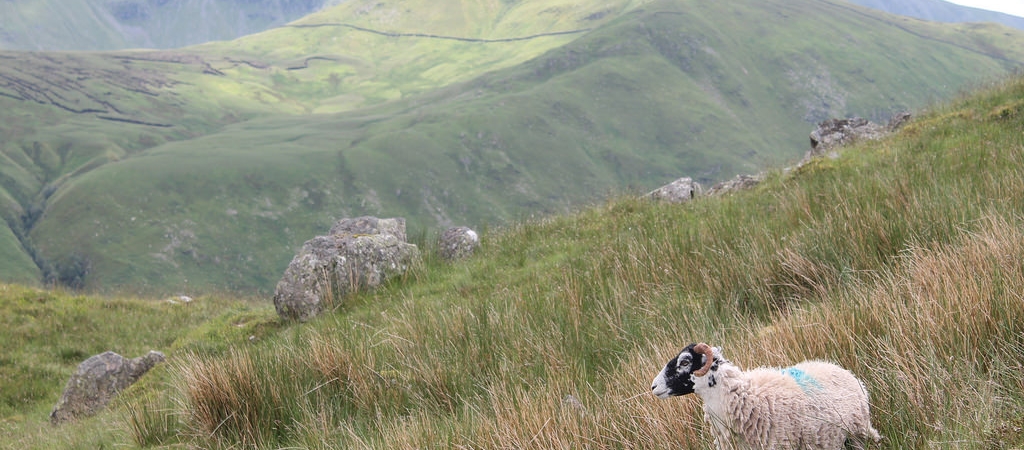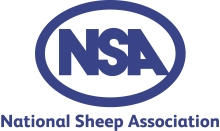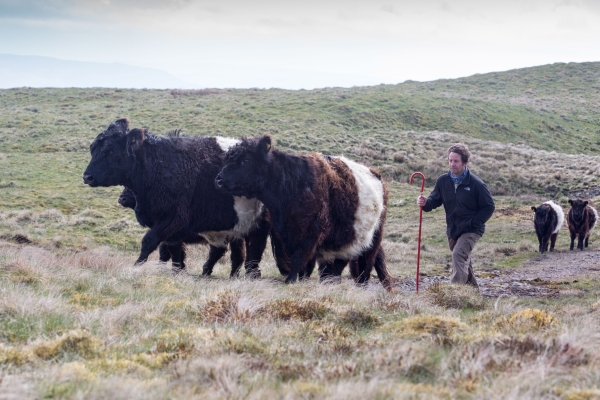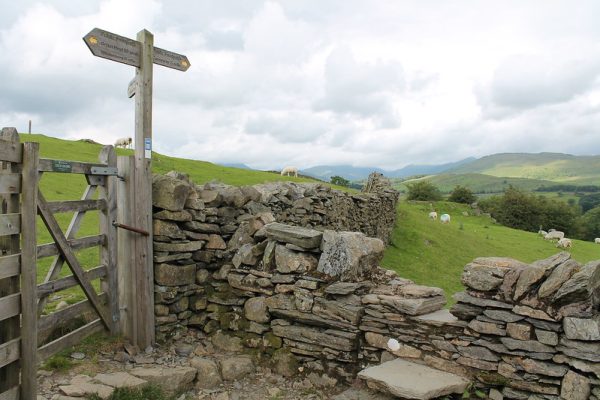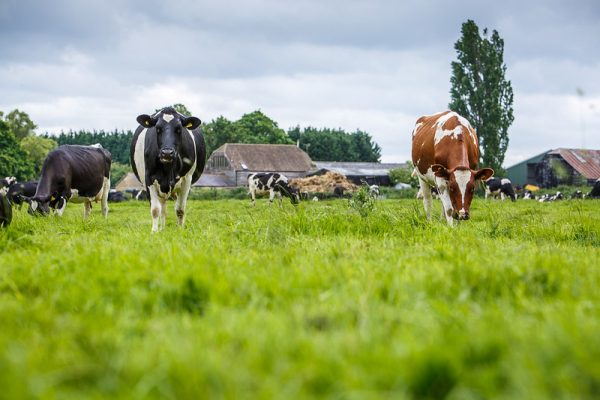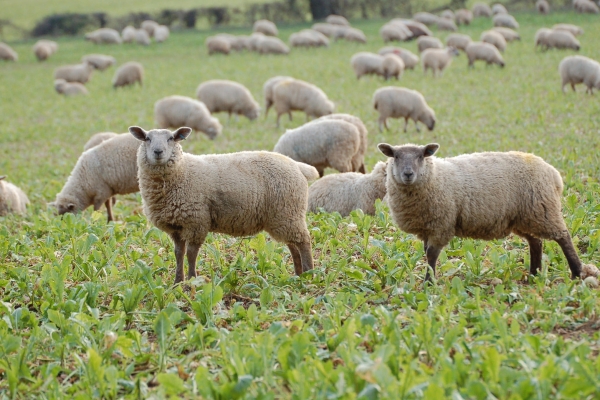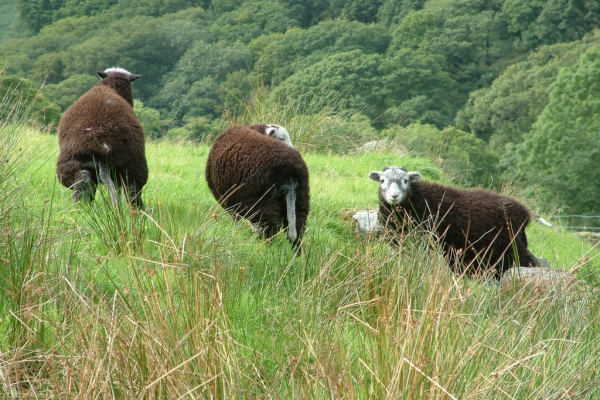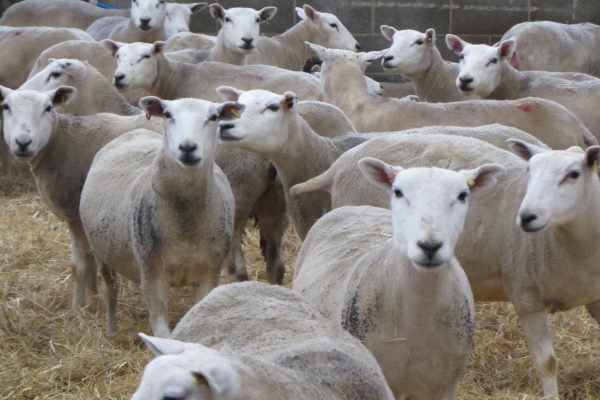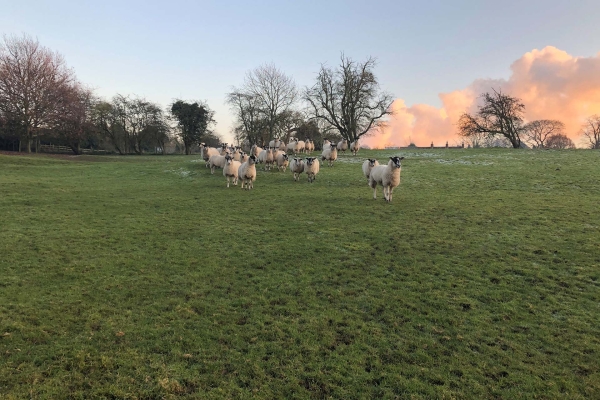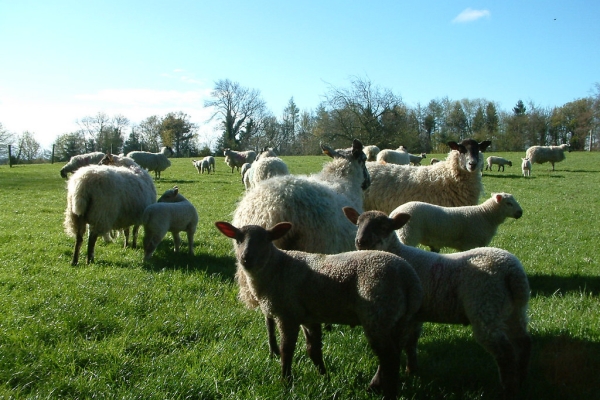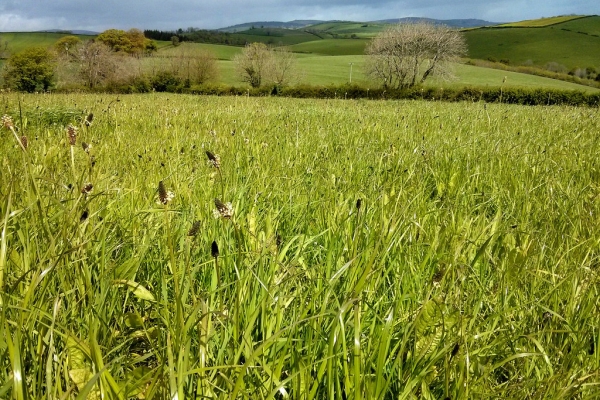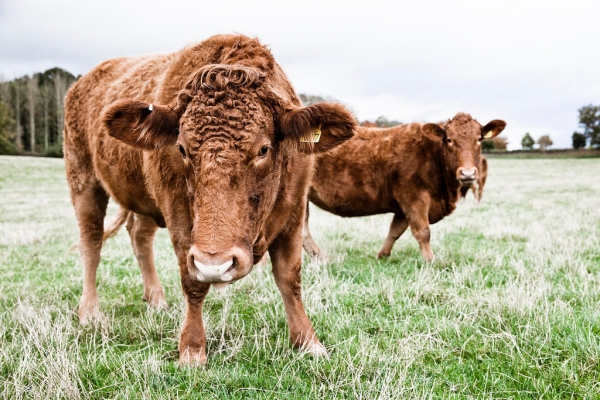The Complementary Role of Sheep in Upland and Hill Areas
A National Sheep Association publication
Resource explained
The long term sustainability of sheep farming is important if we are to supply domestic, export and developing markets against a backdrop of a growing world population and expanding ethnic diversity and wealth.
Sheep farming businesses in upland and hill areas provide a wide range of public goods and services. The National Sheep Association (NSA) considers these to fall into three pillars of sustainability; economic, environmental and social. This revised report considers the three pillars and provides a summary of aspirations for each sector. The NSA believes that the realisation of these aspirations are essential for the future of the sheep industry in the UK hills and uplands.
The report provides evidence and arguments to make a compelling case for the rightful recognition of sheep farming in the uplands.
One of the aims behind it is for it to be useful in providing a refreshed and appealing argument to policy makers and the wider public.
Findings & recommendations
- The loss of valuable genetic traits carried by upland breeds would change the entire face of the UK sheep industry.
- The unique environment created by hundreds of years of upland farming is highly valuable in relation to water quality, carbon sequestration, and biodiversity, and provides people with social and health benefits.
- Upland sheep farmers are proud of their work and achievements that often span generations, and of the strong sense of belonging provided by their ancestral heritage.
- Hill and upland sheep farming is one of our oldest industries, but should be recognised as one of our most modern in terms of renewable technology and triple bottom line accounting. It is a way of life that continues to hold the values that have been easily lost in an increasingly urban and distant society.
- Within such a sensitive and iconic land type, it is important to ensure the right sort of sheep farming can thrive, and that upland farmers can rise to the challenge of quality in all they do, as well as helping to communicate it.
- The NSA believe it is vital that the hill and upland sheep sector, producing sustainable meat and wool, is additionally supported and rewarded for the many public goods and services it provides.
